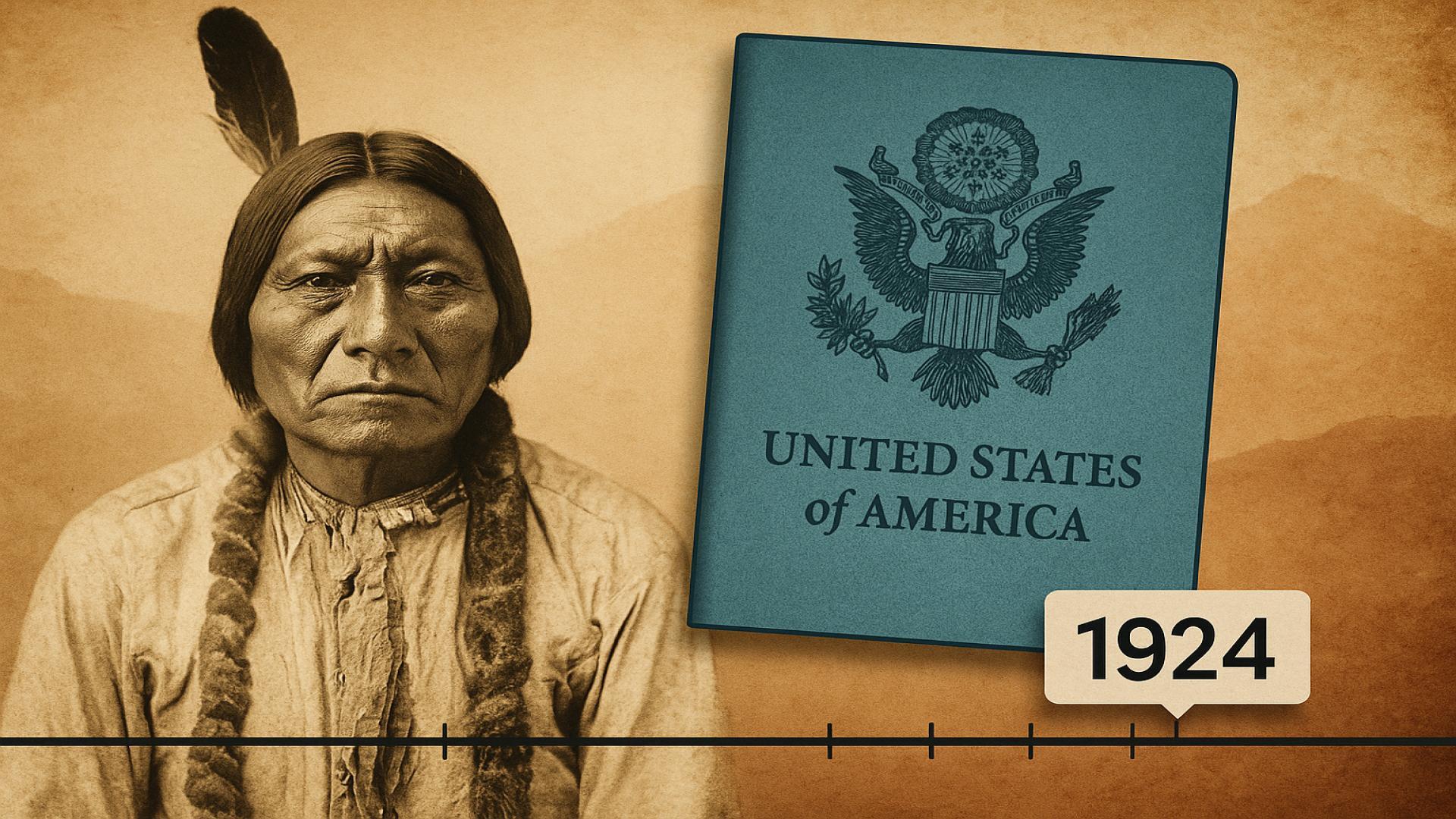4. The Dawes Act and Allotment Era

The Dawes Act of 1887 marked a major shift in U.S. policy, aiming to assimilate Native Americans by dividing communal tribal lands into individual parcels, or allotments. While those who accepted allotments were technically eligible for U.S. citizenship, many Native people resisted this forced assimilation. As a result, the majority still remained without citizenship, and the policy ultimately led to significant loss of tribal land and identity (via National Park Service).














